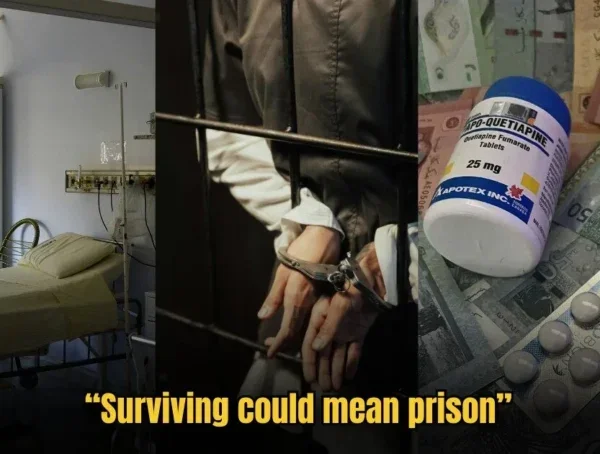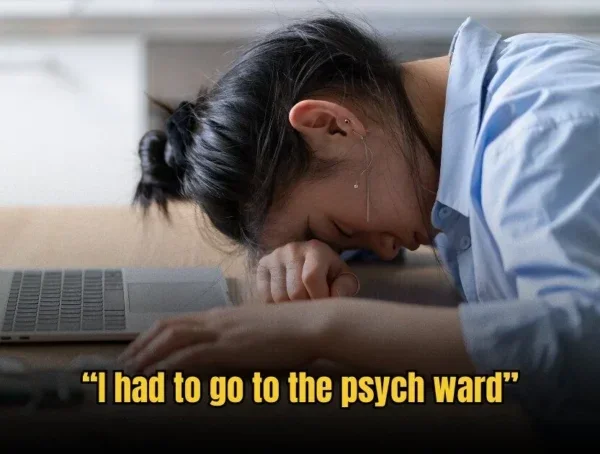
It’s rare to see anyone waiting in line, eating at a restaurant, or surviving an awkward party without scrolling through their social media feed. We feed ourselves with updates from Facebook, Twitter, and Instagram, before surrendering to the mindless hours of updating, liking, and sharing posts.
Acknowledging my social media addiction is tough. I mean, everyone’s doing it. I’m no different from the person who Instagrams their cappuccino, plays with their Snapchat filters, or tweets about Kylie Jenner’s pregnancy. If everyone is doing it, why am I an addict?
Here’s a scary truth – we are normalising our social media addiction as we speak. We justify our actions by saying ‘It’s okay, my friend spent more hours on Facebook than me’ or ‘Look, I didn’t post selfies every two seconds’. Remember, it’s not about the number of posts you shared but the hours you spent on the platform.
To be honest, I’d spend 4-6 hours on social media every day. Facebook and Instagram are my kryptonite. There’s always one more article, one more Gary Vaynerchuk video, or one more Kardashian meme that kept me scrolling. It was addictive as hell, and I lacked the discipline to say ‘enough’.
Last year, I decided to go on a social media detox. I needed it then because the constant jealousy from seeing my friends’ picture-perfect life made me depressed. My initial goal was to stay away from social media for 30 days. This was how I started.
Step one: Delete all social media apps
My first move was to delete all social media apps and disable all app notifications on my phone. It felt strange not to constantly check my phone for updates, but it was liberating too. Currently, the closest thing to social media on my phone is Linkedin.
Step two: Keep personal updates to yourself
I enjoyed posting the little updates on my life such as the art workshops I attended, or the awesome friends I met. But to be honest, does anyone really care? Sure, it’s entertaining to read, but I learned that no one is genuinely interested in knowing everything about your life.
Social media does a good job of creating the illusion that the world cares when it actually doesn’t. You don’t have to post a picture of the blister on your toe. You don’t have to tell the world about how horrible your partner is. You don’t have to publish multiple shots of your favourite latte.
So instead of blasting updates on social media, I turned my personal updates into conversation starters. When I meet close friends for coffee or hang out with family in the living room, I’ll tell them about it, as opposed to letting Facebook run the updates about my life.
Step three: Cheat for an hour
I learned that having a cheat day is necessary, so I won’t succumb to accidental social media binge. I also realised that the most interesting posts and social updates happen on weekends.
To prevent myself from overindulging on social updates, I set my cheat day on Wednesday mornings. It was the perfect day for me because most of my friends would hardly post anything on Wednesdays.
Without any interesting updates to distract me, I allocated just an hour on Facebook and Instagram. I’d take the time to glance over some cat videos, celebrity news, and funny videos. Sometimes, if there’s nothing interesting on my feed, I’ll stop browsing before the hour ended.
In the end, I surpassed my personal goal and freed myself from social media for 45 days. I had to dive back into it after agreeing to a client’s social media project, but these days, I’m more in control of my social media activity and spending less time on social media apps. You still won’t find any of them on my phone, and I only use them when I’m on my laptop.
Not surprisingly, the social media cleanse had a positive effect on me. Here are some of the things I learned:
1. I learned to be content with my life
I have a negative habit of comparing my personal and professional life with others. ‘Why does he have a more successful career than I am?’ or ‘I wish I can travel the world and run a business just like her’. In reality, everyone lives their days differently. They also deal with ups and downs, but they don’t publicise it on social media.
There are always insecurities lingering behind a selfie, or tensions brewing behind an anniversary picture. Stepping away from social media allows me to be content with my life. I learned to be okay with my uneventful Friday nights or keeping the best latte discovery to myself.
2. I learned that moderation is good
Too much of a good thing is bad, they say. Imagine the countless hours browsing social media which I could spend on productive things like finishing my chores, shopping for groceries, or reading a book instead.
Since the cleanse, I’ve gotten more control over my social media habits. These days, I’ll spend an hour or two on Facebook and Instagram – then, I’ll put down my phone, and continue to work on other things that matter.
3. I learned the value of boundaries
We don’t have to post about anything and everything about our lives. Of course, there are some exceptions such as grieving over the loss of a loved one, congratulating your sibling for graduating summa cum laude, or celebrating your parents’ golden anniversary.
It’s tough to fend ourselves from the temptations of social media, but I’d encourage everyone to perform a social media detox at least once. While it takes a lot of willpower to resist from opening your Facebook app, it’s a great opportunity to get in touch with yourself, improve your productivity and embrace mindfulness in everything you do.
For more stories about overusing social media, check out Connected or Disconnected? Students Respond to Social Media Stereotypes & How to Overcome Addiction.
More from Real Mental Health
“I Was Scared of Waking Up in Handcuffs,” shares Depressed M’sian on Repealed Law
In 2023, Malaysia repealed Section 309, a colonial-era law that made suicide attempts a crime. The change marked a shift …
‘Everyone Saw A Successful Student While I Was Crumbling,’ Shares 22 Year Old Student
This is a story of a 22 year old woman who shared her story as a Straight A’s student as …
5 Harmful Mental Health Myths Malaysians Still Believe
Let’s break down five of the most common myths Malaysians still believe, and why it’s time to let them go.














